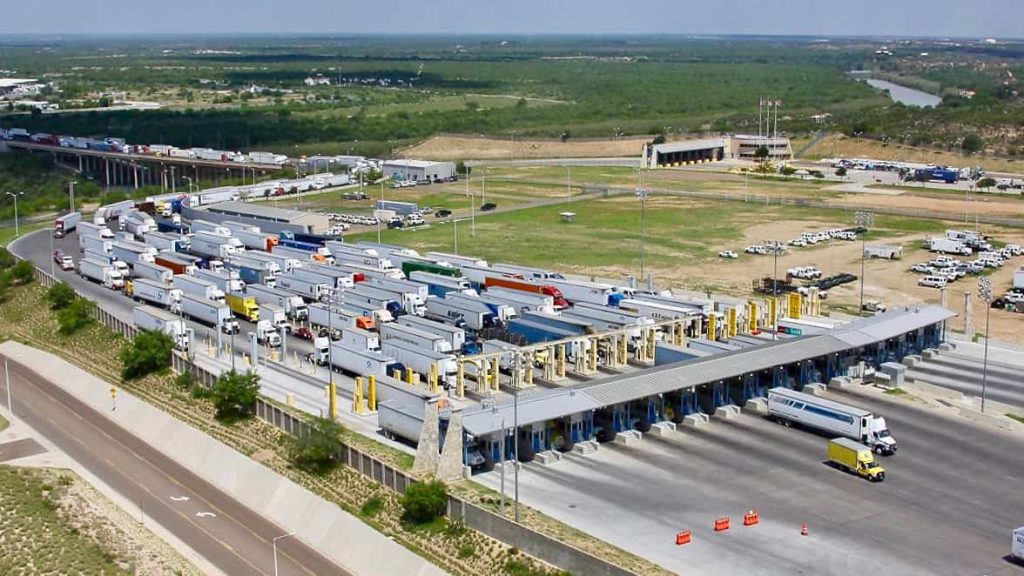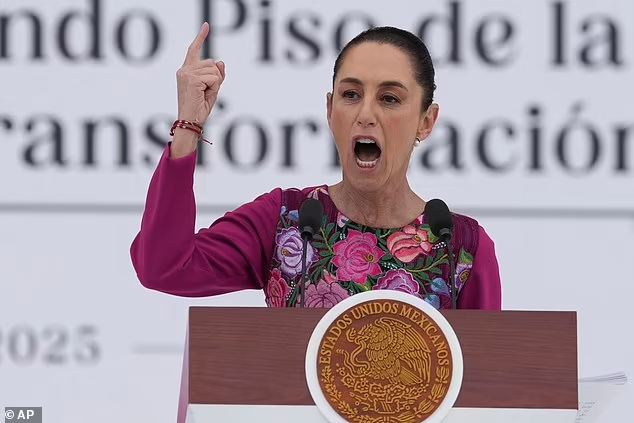Mexican President Claudia Sheinbaum announced on Tuesday that her government will impose retaliatory tariffs on the United States in response to new trade measures introduced by US President Donald Trump.
Sheinbaum condemned Washington’s actions as “defamatory” and unjustified.
Speaking at her morning news conference, Sheinbaum argued that Mexico had cooperated extensively in tackling drug smuggling and saw no legitimate reason for the US to impose 25 per cent tariffs.
“We will always seek a negotiated solution,” she stated, adding that she expected to hold a phone conversation with Trump later this week, “probably” on Thursday.
“The unilateral decision taken by the United States affects both national and foreign companies operating in our country and impacts our people. Therefore, we have decided to respond with tariff and non-tariff measures,” Sheinbaum declared.

Sheinbaum strongly rejected accusations from Washington that Mexican drug cartels operate with impunity due to government complicity. She labelled the US claims as “offensive, defamatory, and unsupported.”
Her administration will reveal the full details of its countermeasures in Mexico City’s central square on Sunday.
The president, who enjoys an 85 per cent approval rating according to a recent El Financiero poll, called on citizens to stand united in defending Mexico’s sovereignty.
The latest trade dispute comes despite Mexico ramping up cooperation with US authorities.
Last month, Sheinbaum’s government agreed to deploy 10,000 additional troops to the US-Mexico border to curb fentanyl smuggling.
Mexico has also taken recent steps to combat drug trafficking, including the extradition of several high-profile cartel leaders to the United States. Among them was a notorious kingpin wanted for decades over the murder of an undercover US agent.
While Sheinbaum reaffirmed Mexico’s commitment to collaboration, she insisted that Washington must also take responsibility for its domestic opioid crisis.
The escalating tensions raise concerns about the future of trade relations between the two countries, with potential economic consequences on both sides of the border.


